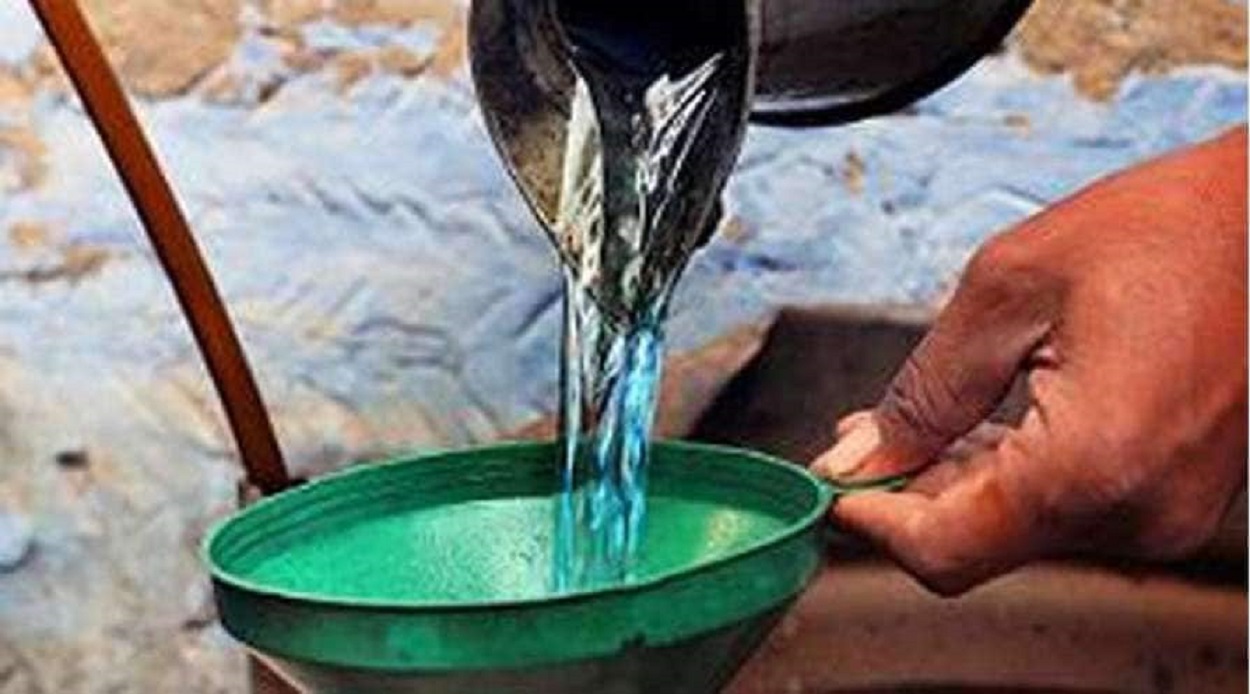Metro
Kerosene price increased by 98% in one year; from N397 to N789 — NBS

The price of household kerosene released by the National Bureau of Statistics (NBS) has indicated that on a year-on-year basis, the average retail price per litre of kerosene rose by 98.76 per cent from N397.34 in July 2021 to N789.75 in July 2022.
The report said on a month-on-month basis, there was a 3.68 per cent increase in the product in July 2022 at N789.75 compared to N761.69 recorded in June 2022.
Reacting to the continuous increase in the kerosene prices, Prof. Aminu Usman, an Economics lecturer at the Kaduna State University in an interview with NAN, said it will lead to increased difficulty in meeting basic food and other essential commodities needed by Nigerians.
Usman said the rise in the price of the commodities was expected given the upward movement of commodity prices in both Nigeria and international economies.
According to him, it further confirms the inflation figures earlier released by NBS indicating a continuous increase in the country’s inflation rate.
”Recall that the bulk of the price increases came through food inflation which was also influenced by the cost of energy used in the food processing for both manufacturers and households.”
He said that diesel, kerosine and cooking gas supply and prices had been deregulated and, therefore, not subject to subsidy of any kind from the government.
The economist, therefore, said that the prices of these products reflected the actual market prices, especially as it relates to the international crude and refined petroleum products prices.
“Our case is made worse by our inability to refine these products locally and therefore we have to import, which puts much pressure on the value of our local currency as compared with other currencies.
”Therefore, the implication of this is that food will now consume almost all earnings of the common man for life sustainability leaving other basic necessities unattended.
”The inability of the common man to consume other essentials of life means a further contraction of the economy.”
Usman said this would thereby slow down expansion in production and job creation which further compounds the already bad situation for the common man.
According to him, the country and by implication the common man will have to contend with the instability and spiralling price of these commodities.
“This is pending the time we get our acts together with regards to petroleum products refining and or the resolution of the international crises that pushed crude prices up.”






